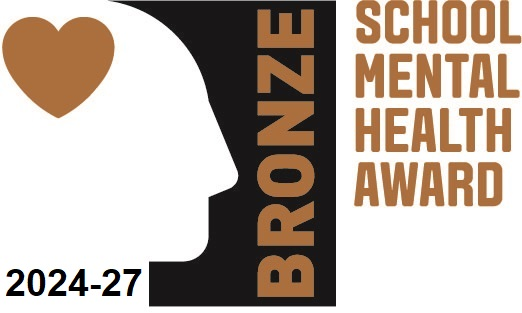PHYSICAL EDUCATION
Please click on the links below:
What is PE about?
The purpose of Physical Education is to develop lifelong learning that takes students from being healthy active children through to becoming healthy active citizens. PE does this by creating individuals that possess a range of personal exercise strategies and can link the underlying principles necessary for long term health and be knowledgeable about career pathways. Through learning about sports, physical activities training, performance, nutrition, psychology students gain awareness of the importance of physical activity in developing longevity and fulfilment of life.
What do we teach in PE and why?
PE focuses on 4 key domains-
Physical competence in a broad range of activities
Physically active for sustained periods of time
Engage in competitive sports and activities
How to lead healthy active lives.
- Use and develop a variety of tactics and strategies to overcome opponents in team and individual games -football, netball, hockey, handball, ultimate frisbee, dodgeball, badminton, cricket, rounders.
- Develop their technique and improve their performance in other competitive sports, and physical activities- gymnastics, trampolining, athletics, yoga, Pilates, circuit training, strength training, fitness.
- Take part in further outdoor and adventurous activities in a range of environments which present intellectual and physical challenges and which encourage pupils to work in a team, building on trust and developing skills to solve problems, either individually or as a group – team building and social well being ( ultimate frisbee, capture the flag, dodgeball)
- Evaluate their performances compared to previous ones and demonstrate improvement across a range of physical activities to achieve their personal best
- Continue to take part regularly in competitive sports and activities outside school through community links, sports clubs or individually as part of a healthy active lifestyle.
Additionally students can choose to study PE in further detail to GCSE, NCFE (level 2 courses) and BTEC Sport (level 3) leading to university courses and many exciting career pathways.
Every PE lessons allows students to Practice to Perfect by refining their techniques, skills, tactics and compositions to produce advanced performances. Independent practice is encouraged, and students become self-critical to ensure they progress to their personal best. (RIGOUR)
PE activities will stretch students to their limits and we aim to exceed all students conceptions of what they are capable of. ( COURAGE)
All PE lessons offer chances to work with others either as a partner or team mate. (COLLABORATION)
Students are taught to be exceptional role models in sport and to play fairly and be gracious in defeat. (NURTURE)
What does PE enable our students to do?
- Become competent and confident performers in a range of activities showing average to excellent levels of fitness, especially cardiovascular fitness and muscular endurance.
- Be able to explain what makes a performance effective and how to apply these principles to their own and others’ work.
- They should develop the confidence and interest to get involved in exercise, sports and activities out of school and in later life, and understand and apply the long-term health benefits of physical activity
How is the curriculum structured in PE?
KS3 students participate in 2 lessons per week.
Each activity is taught in 4 week blocks (8 lessons) in the Autumn and Spring terms. Each Summer term activity is taught in 6 week blocks.
KS4 students participate in 1 lesson per week.
Each activity is taught in half term blocks of 6-8 weeks. Plus an additional 3 lessons per week for GCSE and NCFE students.
KS5students choosing BTEC sport will have 5 lessons per week.
What specifications do we use?
GCSE: Edexcel 1PE0
BTEC Sport: Extended Certificate
What are the links between PE and other subjects?
PE contributes to literacy and numeracy at various and regular points throughout a students experience.
Clear links exist with Dance, Performing Arts and Science-Biology specifically.
What are the future careers students can take when they study PE?
Career opportunities in PE and Sport are continually evolving and growing within our changing society. With the huge interest in Sport in the Media new careers appear daily and opportunities to follow a career path in PE and Sport are huge!
As well as supporting careers as professional players in all sports, PE qualifications and transferable skills are well-respected and necessary for a variety of careers including sport scientist, performance analyst, nutritionist, physiotherapist, sports technology (clothing and footwear), coaching, PE teaching, personal trainer, event management, social media and sports journalism and many more………
What extra-curricular activities can students take part when you study PE?
Students can participate in a huge variety of after school clubs both competitively and for development and enjoyment-
NETBALL, FOOTBALL, BADMINTON, CRICKET, ROUNDERS, SPORTS HALL ATHLETICS, TRACK AND FIELD ATHLETICS, TRAMPOLINING, DANCE, FITNESS (using the multi gym and weights)








